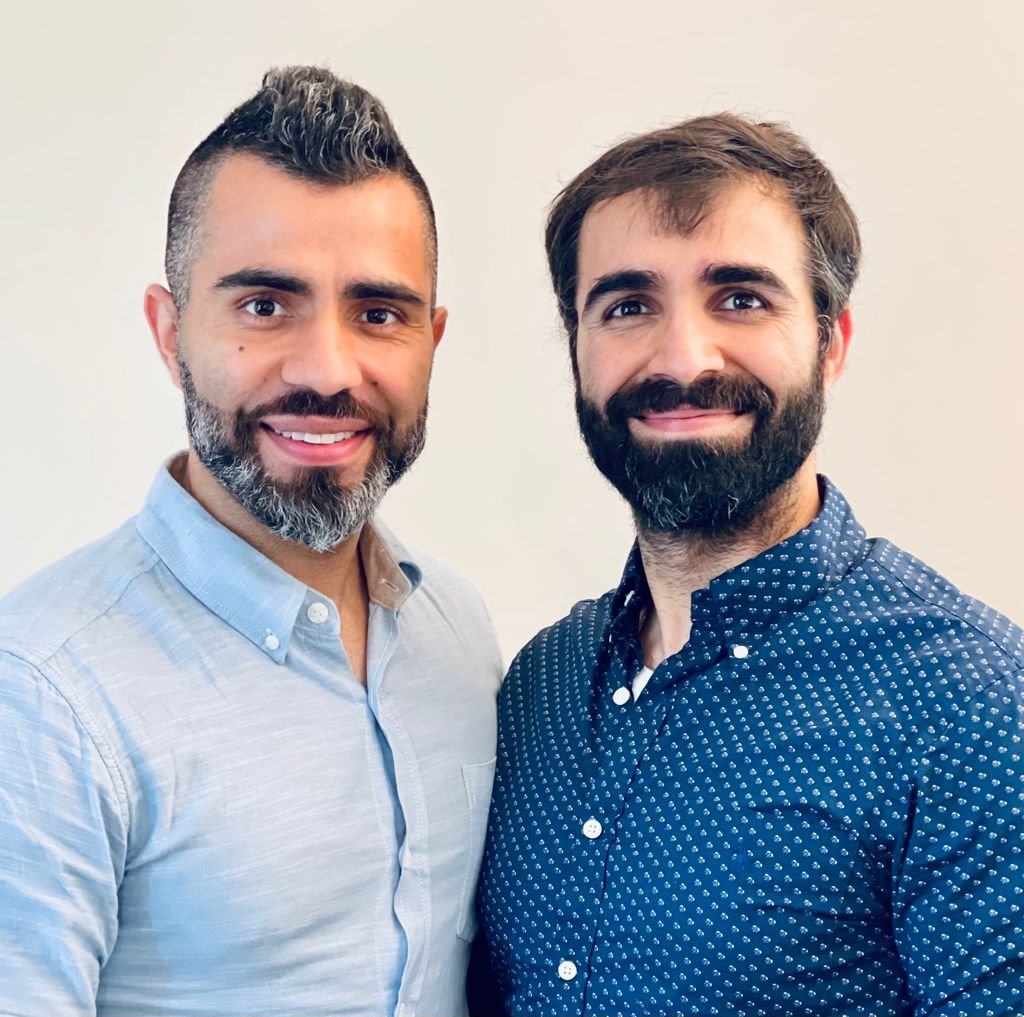Find Oncologists Near Me: Practice Changing, Clinical Discussions

If you or a loved one has received a cancer diagnosis, finding an outstanding oncologist is crucial. The right expert could make a big difference in the disorder’s management and outcome. This article will guide you step-by-step through the process of locating exceptional oncologists near you, making sure you get the best care.
What is an oncologist?
An oncologist who focuses on diagnosing and telling the treating cancer through Podcasts. They play an important role in dealing with cancer sufferers’ average care, which includes conducting physical exams, ordering tests, imparting treatments, and providing guidance throughout the method.

Types of Oncologists
Medical oncologists treat most cancers with chemotherapy, hormonal treatment plans, and other medications.
Radiation Oncologists: They use radiation remedies to treat cancer.
Surgical Oncologists: They perform surgical procedures to eliminate tumors.
Pediatric Oncologists: They concentrate on treating most cancers in children.
Hematologist-oncologists: They treat blood cancers like leukemia and lymphoma.
Why You Need an Oncologist
When dealing with a cancer prognosis, having a specialized physician is crucial. Oncologists have the expertise to expand tailor-made treatment plans, manage facet results, and provide comprehensive care during the cancer journey. Their specialized expertise and enjoyment significantly increase the chances of a successful treatment and a better quality of life.
Oncologists treat various types of cancer.
Oncologists treat an extensive variety of cancers, from commonplace sorts, which include breast, lung, and colon cancer, to rare cancers like pancreatic and sarcomas. They are prepared to tackle various types and stages of cancer, providing tailored treatments for each individual case.
How to Begin Your Search for Oncologists Near Me
Starting your search for an oncologist can feel overwhelming, but several sources can assist:
Online Resources: Websites like the American Cancer Society and the National Cancer Institute provide directories and facts on oncologists.
Referrals: Your primary care medical doctor can recommend reputable oncologists.
Using Online Directories and Review Sites
Online directories such as Oncology Brothers Vitals can be extremely beneficial. These structures allow you to search for oncologists near me, examine opinions, and see ratings from different sufferers. Look for consistent positive feedback and high ratings, but also pay attention to unique comments about the health practitioner’s approach and patient care.
Consult your primary care physician.
When you start your search, your number one care health practitioner (PCP) is an excellent and useful resource. They can endorse oncologists based solely on their expert network and your specific needs. Ask your PCP about the oncologist’s recognition, verbal exchange style, and patient results.
Evaluating oncologists’ credentials
When selecting an oncologist, don’t forget their credentials:
Board Certification: Ensure the oncologist is board-licensed in oncology.
Experience: Look for an oncologist with numerous years of experience.
Specializations: Some oncologists have additional training in precise varieties of cancer.
Considering hospital affiliations
The quality of the health center, where an oncologist practices, is also critical. Examine the cancer treatment programs offered by the hospitals, as well as the costs associated with them. Higher-rated hospitals typically have more assets and better treatment options.
We are looking at Treatment Options and Specialties
Different oncologists can also focus on various remedy techniques. It’s important to locate an oncology podcast whose remedy approach aligns with your needs.
Chemotherapy: use of drugs to kill cancer cells.
Radiation Therapy: Using high-energy radiation to shrink tumors.
Surgical Oncology: Surgical elimination of tumors.
Immunotherapy is a treatment that uses the body’s immune system to combat cancer.
Checking availability and location
Consider the location and the oncologist’s availability. Proximity to your own home can make treatment much less disturbing, and excellent availability guarantees you get timely care. Check to see if the oncologist can accommodate your treatment schedule and comply with follow-up appointments.
Understanding insurance coverage
Make sure the oncologist accepts your insurance. Understanding your coverage, inclusive of co-pays and out-of-pocket prices, is vital to avoid sudden fees. To ensure that the oncologist is in your area, contact your insurance issuer.
Reading patient reviews and testimonials
Patient reviews can offer insight into an oncologist’s care and bedside manner. Look for opinions that point out the medical doctor’s verbal exchange capabilities, empathy, and what the general affected person revels in. Sites like Yelp and Google Reviews may be useful.
Scheduling an Initial Consultation
A preliminary session is an extraordinary possibility to meet the oncologist and determine their suitability. Prepare a list of questions about their experience, treatment options, and what you can expect throughout your treatment. Evaluate their conversation style and whether or not they make you feel comfortable and confident in their care.
Making your final decision
After collecting all of the facts, weigh the pros and cons of each oncologist. Take into account factors such as their experience, available treatment options, location, and your level of comfort with them. Trust your instincts and select the oncologist you believe will offer the best care.
Conclusion
Finding the right oncologist is an essential step in your cancer journey. By thoroughly gaining knowledge of and thinking about your options, you may be able to ensure that you receive the best first-class care tailored to your needs. Start your search today and take the first step towards effective cancer treatment and management.
FAQs
What should I bring to my first oncologist appointment? Bring your clinical records, a list of medications, coverage facts, and a list of questions you want to ask the oncologist.
How do I know if an oncologist is right for me? Consider their credentials, read patient reviews, and decide whether or not you feel comfortable and confident in their care.
If I’m not satisfied, can I transfer oncologists? Yes, you have the right to switch oncologists if you are not satisfied with your care. It’s essential to discover a health practitioner who meets your needs and makes you feel calm.
What are the signs of an excellent oncologist? A proper oncologist is compassionate, communicative, experienced, and has a track record of high-quality affected person outcomes.
How frequently should I see my oncologist? The frequency of visits depends on your treatment plan. Typically, you will see your oncologist more regularly at some point of active treatment and less regularly for the duration of follow-up care.




